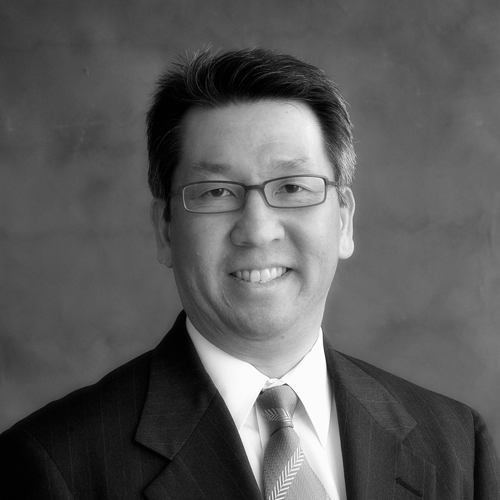The Impetus
The demand for more staff at the University of California (UC) isn’t limited to the legal department, and the system might start hiring more lawyers this year.
“It is pretty much across the board,” general counsel Charlie Robinson says of the institution’s need for an increase in internal legal capabilities and resources. Though more pronounced in some areas than others, for an institution of UC’s size, the head count is insufficient. He points to the system’s clinical enterprise, valued at more than $7 billion and staffed by 12 or 13 attorneys. By comparison, he says, the University of Texas has many more lawyers to support a smaller clinical enterprise.
Robinson is responsible for approximately 55 lawyers at the Oakland campus and 30 more at other UC locations. All five of the system’s medical centers and eight of the system’s 10 campuses have attorneys on site. Robinson’s client base represents a large and diverse group spread among 10 campuses and ancillary institutions. His clients include the board of regents, the university’s president, and the chancellors—chief administrators—at each of the campuses.
Robinson makes annual visits to each campus to meet with senior leaders and campus attorneys and to discuss legal services, response times, needs, and quality. Such visits recently brought to light pronounced and growing needs in the areas of health, copyright, and transactional law, among others.
Several factors combined to make the need for more staff obvious to the system’s administration. For Robinson’s team, a growing demand in the number and complexity of services made it clear that the system needs more lawyers with certain types of expertise.
The Strategy
Robinson wants to add staff who already have expertise in specific practice areas, and he knows his attorneys will not have time to provide a lot of training. “I think that our least-experienced lawyers are probably five or six years out of law school,” he says, adding that the average level of experience is 10 years or more. “We need self-starters who are capable of managing time and managing a fairly substantial caseload.”
He emphasizes consensus-building, creativity, and flexibility as strengths in the university environment. Processes can move slowly in higher education, so those who come from a fast-paced, command- and-control, top-down environment might find the transition to the academic world difficult, at first. “We need people who are collaborative,” Robinson says. “In a university environment, congeniality actually matters.”
The Tactics
Robinson has drafted a five-year plan, which involves assessing the needs of all of the legal department’s major clients, their plans, and what they anticipate as future demands. The team will also need to determine where demand is growing, so it can find the expertise to match. Robinson’s team worked with a leading legal-management consulting firm, Altman Weil, in surveying universities to help the UC system craft an informed plan.
“If our plan is adopted, there will be new positions created in existing practice areas, and should we create new practice areas, there would be new positions there, as well,” Robinson explains. He knows the team will need experts in general tax, immigration, and securities law, as well as plaintiff-side litigation—particularly for cases in which the university could recover funds. “At the moment, there are situations involving losses for the university that are simply too small to pursue,” he says. “The size of the potential recovery simply does not justify the outside counsel expense. If we added to our in-house capability, we could go after money that, at present, is being left on the table.”
Taking it to Scale
The plan will create new leadership. As more lawyers are added, there will be a need for new or larger practice groups and additional deputy general and managing attorneys to oversee them.
Research collaborations between the university and private businesses, as well as international activity, are expected to increase as the UC system continues to grow. Likewise, increased commercialization of the university’s technology and discoveries by the schools’ scholars are factored into the staffing plan. “We’re going to have more faculty, we’re going to have more students, and we’re going to need more lawyers who are versed in faculty rights and faculty conduct and tenure—as well as those who are familiar with student issues, discipline, and admissions,” Robinson says.
It’s his hope that some of the additions will help reduce outside counsel expenses. “That, to some extent, is a currency,” he adds. “If we spend less on outside counsel, we can take a little bit of that money to finance internal resources and still have something left over.”
Robinson wants to continue to support the initiatives of his clients, and he hopes the staff structure will make this process more efficient. The regulatory environment of universities changes constantly and is becoming more complex, especially in health care, privacy, and sexual violence on campus.
“I want to be in a position to support our clients as they pursue opportunities here and abroad and as they address some of their challenges,” Robinson says. UC is best-in-class at combining excellence, access, and affordability, but that effect is becoming increasingly difficult with the decline in state funding. Nevertheless, Robinson is confident that UC will continue to be the opportunity engine it has been historically. “We simply want to be equal to the challenge and part of the solution with our clients.”


